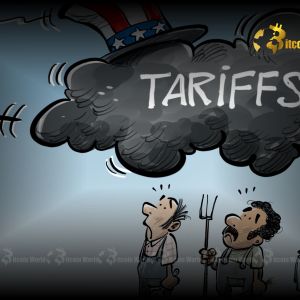The Consumer Financial Protection Bureau (CFPB) has introduced a new rule aiming to enhance protections for cryptocurrency users. This proposal seeks to hold crypto service providers accountable for reimbursing users who lose funds to fraud or theft. While some welcome this step, others criticize its lack of clarity and potential exclusion of non-custodial wallets . On January 10, the CFPB revealed plans to extend the Electronic Fund Transfer Act (EFTA) to cover cryptocurrency accounts using “emerging payment mechanisms.” This would align crypto accounts with traditional banking systems, ensuring they follow similar fraud prevention and error resolution standards. The proposal redefines "funds" to include assets beyond US dollars, such as cryptocurrencies, broadening the scope of protections. Wallet providers would be required to disclose essential consumer rights, including liability for unauthorized transactions , transaction limits, fees, and error resolution processes. Regular updates and notifications about changes to terms would also become mandatory. If adopted, the rule could offer stronger safeguards for users of stablecoins and other digital assets. Public feedback on the proposal is open until March 31, after which the CFPB will decide on the next steps. Despite its potential to address rising cyber threats—crypto hacks caused losses of around $3 billion in 2024 —the rule has faced criticism. Experts argue the language is vague and may fail to cover non-custodial wallets, raising questions for developers and users. Jai Massari, Chief Legal Officer at Lightspark, highlighted this issue, noting that the rule does not clearly apply to non-custodial wallets. She emphasized the uncertainty this creates for developers and questioned the practicality of some proposed requirements. Legal expert Drew Hinkes raised similar concerns, stating that applying the EFTA framework to crypto transactions might cause complications. He suggested a narrower focus on specific parties and assets to improve clarity. Bill Hughes of Consensys criticized the proposal as regulatory overreach, warning that this trend could persist without intervention from future US leadership. “The push to regulate crypto in the name of consumer protection won’t stop unless someone takes action,” he stated. The proposal has sparked a mix of optimism and skepticism. Its impact will largely depend on whether the CFPB can address these concerns and provide clarity before moving forward.


















